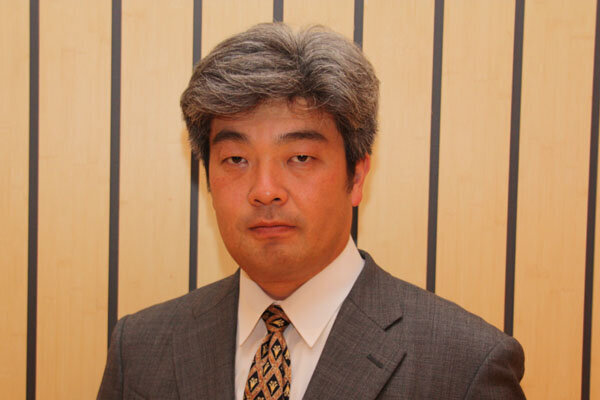Post-corona era beginning of US hegemony decline, accelerating East rise: Prof. Suzuki

TEHRAN– Professor of international politics at Public Policy School of Hokkaido University believes the outbreak of coronavirus will lead to the decline of the West and the rise of the East in the world order.
The current coronavirus pandemic ravaging every corner of the world and many states are desperate in the face of the coronavirus pandemic. Nations and governments are panicking and the economy has already collapsed. This crisis is expected to deepen more and more without a serious global willingness and cooperation.
The outbreak of the coronavirus and how governments are able to confront it have, on one hand, raised the question of the effectiveness of political systems and, on the other, the transition from the current order to the post-coronavirus order.
Due to the great impact of the coronavirus on the world from different aspects, many believe that changes to existing world order and international relations are inevitable in the post-corona era.
To shed light on the issue we reached out to Kazuto Suzuki vice dean and professor of international politics at Public Policy School of Hokkaido University, Japan.
Here is the full text of his interview with:
How will the coronavirus outbreak affect the existing world order?
First of all, this pandemic has revealed that the Western states (Europe and the US) were not prepared for such pandemic while Asian countries were fairly capable of coping such pandemic. This would lead to the second point that this pandemic can be summarized as the decline of the West and the rise of the East in the world order. China, which was the origin of the pandemic, was the first to re-open the country with strong production capability. Now, China provides masks and other medical equipment to other countries including the United States. On the other hand, the United States under President Trump was not able to cope with the situation and more than 30,000 lives were lost. His approach puts his election strategy in front of the health and lives of people in America. There are conflicts about the federal governments and state governors. This pandemic does not allow room for a populist approach in which the leaders and people neglect the importance of science, experts, and facts.
What are the deficiencies of the liberalism and realism approaches that the existing world order has been made on them?
The global pandemic requires international coordination because the virus does not respect borders. But at the same time, the only way to deal with this virus is to implement social distancing since there is no therapeutic drug or vaccine. In order to change people's behavior, national governments have to step in and impose severe rules. So realism, or state-centric approach, would be inevitable. This realism, however, puts every state in competition for masks, goggles or ventilators. The market liberalism puts states in competition and the stronger and wealthier wins. I think those are the deficiencies.
The Outbreak of the virus also showed that militaristic economies also are not able to maintain the security of nations and governments in the post-corona era. What do you think of this?
Although national governments have to put a lot of resources onto the fight against the pandemic, still military posture remains in a minimum change. I think there will be a lot of stress on welfare programs or national infrastructure investments, but military spending will remain at the current level. Even it is possible that governments may increase military spending and elevate the tension in order to stir up nationalism (which may be the different but similar trajectory of the 1930s).
If we accept that the post-corona world order will be different from the existing one, do you think that the changes to it will be fundamental ones?
The Post-corona world order will be the one of transitioning order. I think it will be the beginning of the decline of US hegemony, for sure, and the rise of China will be accelerated. But I think it will not be a new hegemonic order by China. China may be a superpower beyond the United States, but its soft power, or power to attract other countries to follow the Chinese lifestyle or Chinese model of governance.
Kazuto Suzuki also served as an expert in the Panel of Experts for the Iranian Sanction Committee under the United Nations Security Council from 2013 to July 2015. He has contributed to drafting the Basic Space Law of Japan and serves as a member of Sub-committees of industrial policy and space security policy of the National Space Policy Commission.

Leave a Comment